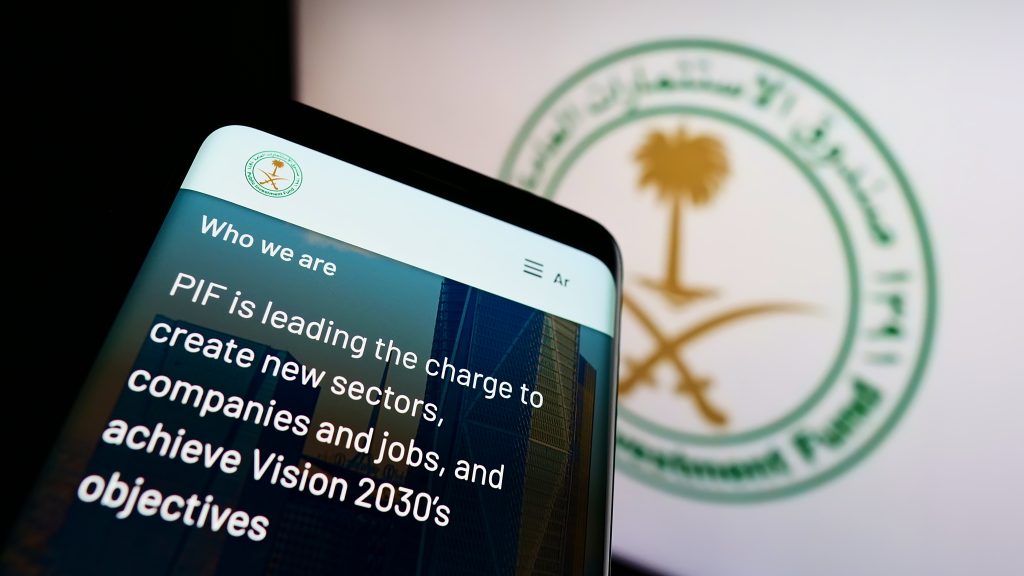The Public Investment Fund (PIF) of Saudi Arabia has set an ambitious target to expand its portfolio to a staggering 1 trillion dollars by 2025. In a strategic move, the nation recently augmented PIF’s coffers with a $164 billion stake from Aramco, catapulting it to become the Middle East’s second-largest fund.
Challenging PIF’s dominance is the Kuwait Investment Authority, currently the region’s third-largest, which has swelled its assets under management to an impressive $923 billion. This growth spurt is credited to a particularly strong fiscal performance and a broad market uptick.
Not to be outdone, the Abu Dhabi Investment Authority, the largest Sovereign Wealth Fund in the region, commands an enormous $1.5 trillion in sovereign wealth. Abu Dhabi has also announced the creation of a technology-focused investment firm estimated to manage over $100 billion, positioning it as a direct competitor to PIF’s tech and AI investment fund Alat, which plans to channel $100 billion in these sectors by 2030.
The guiding vision behind PIF is the creation of a dynamic and assertive fund that supports high-yielding sectors, laying the foundation for a prosperous, post-oil economy. This vision aligns with Crown Prince MBS’s Vision 2030, which includes 47 mega projects like the $500 billion smart city NEOM. PIF’s investment strategy encompasses sectors such as AI, clean energy, sports, and tourism.
PIF’s global investment footprint includes stakes in major international companies like Uber, Lucid Motors, and Activision Blizzard. Additionally, Saudi Arabia’s investments in major sports franchises and events, including acquiring soccer teams and hosting Formula One races, underscore its commitment to becoming a significant player in the global sports arena. The kingdom even has its sights set on hosting the FIFA World Cup in 2034. Despite its international ambitions, domestic investments remain PIF’s focus, accounting for 77 percent of its portfolio, which features projects like NEOM, Oxagon, and Quiddya. Furthermore, through PIF-owned Riyadh Air, Saudi Arabia aims to position its capital as a major global travel hub.
In summation, the Gulf Cooperation Council’s (GCC) Sovereign Wealth Funds are poised to redefine their investment strategies, funneling energy revenues into sectors such as green hydrogen, AI, smart cities, and tourism. As Saudi Arabia and the UAE emerge as formidable competitors, the execution of Saudi Arabia’s Vision 2030 and the PIF’s monumental local and international investments will be pivotal in determining the kingdom’s success in the trillion-dollar race. This shift signals a transformative era in investment and geopolitical clout, with the Gulf’s ‘Magnificent Three’ attracting global talent and enterprises as they transition from hydrocarbons to green technology and innovation.
